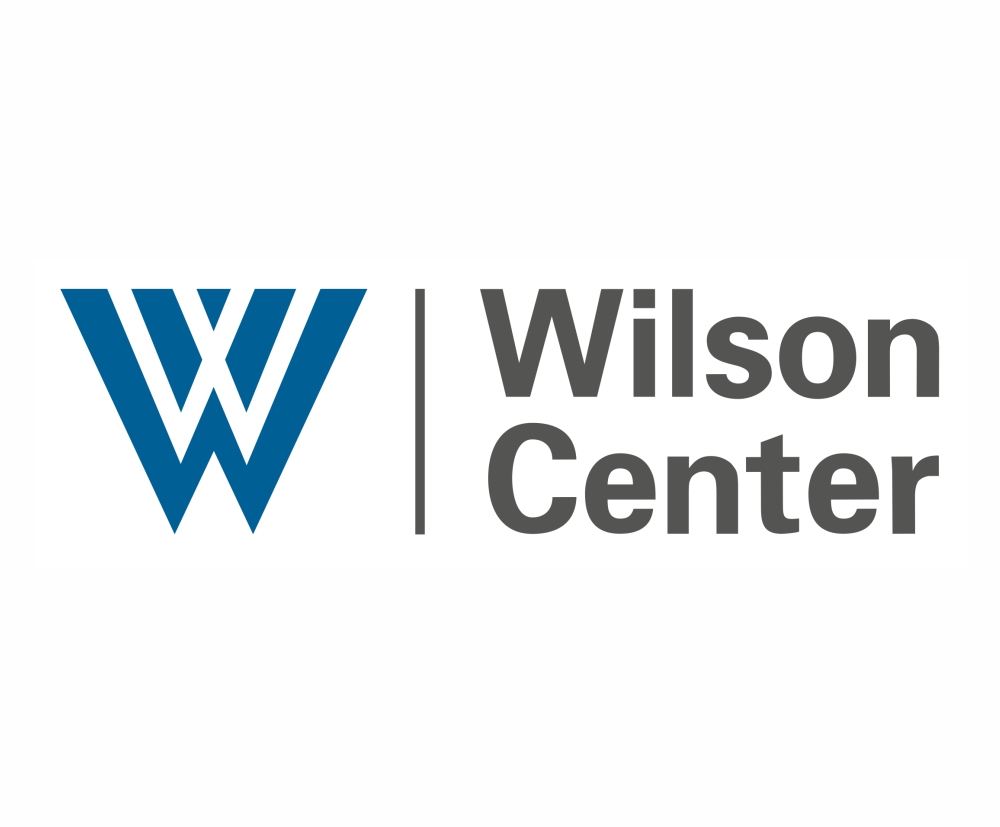The latest from the Wilson Center´s Environmental Change Security Program, September Quarterly, written by Lauren Risi Director of the ECSP.

"Around the world, communities are grappling with the impacts of extreme heat, devastating floods, and ongoing drought. As these climate-related events have become more frequent and intense—with one tragedy quickly eclipsing the last on the world stage—references to their “compounding” and “cascading” impacts have claimed a place in our daily lexicon. But just as we increase our awareness of howclimate change interacts with existing vulnerabilities, it is high time that we increase our understanding of how to better anticipate and respond to these risks.
The UN Conference of the Parties (COP) remains the main decision-making body for the UNFCCC, but the annual climate summit no longer has a monopoly on climate change as a global issue. This is good news! As Alexander Carius and I wrote for the 21st Century Diplomacy project, climate change is a defining issue of this century, cutting across portfolios, and calling for an “all hands on deck” response. From this month’s UN General Assembly meeting to President Biden’s meeting with Pacific Islands Forum leaders, climate change is a front-and-center agenda item. Ensuring that responses engage across the scales of decision-making, avoid “backdraft” (ie., unintended consequences), and leave no one behind is critical.
ECSP continues to lean into these complex issues, leveraging the full might of the Wilson Center’s regional and topical areas of expertise in our own research and analysis. In the coming weeks and months, we’ll feature programming on the connections between disasters—like drought, flooding and hurricanes—and conflict (Sept 29); the state of play in minerals supply chains and what new partnerships and laws mean for the clean energy transition (Oct 6 at the Berlin Climate Security Conference); and the significance of “peace” at COP28 (Nov 2). Keep a lookout for a forthcoming ECSP report authored by Dr. Jack Goldstone and Dr. John May that delves into what the demographic trajectory of the African continent means for the future of the global economy (hint: it’s incredibly significant and wildly underappreciated). And in between, follow New Security Beat for cutting-edge analysis and stories from around the world."
Source: Wilson Center
Related news:
Urgency of climate change unites scientists in the Arctic
Four key climate change indicators break record in 2021
Wilson Center Names Dr. Rebecca Pincus as New Director of Polar Institute
What to watch in 2022 / Wilson Center
The tag below provide an opportunity to view previously posted related news within the selected category
